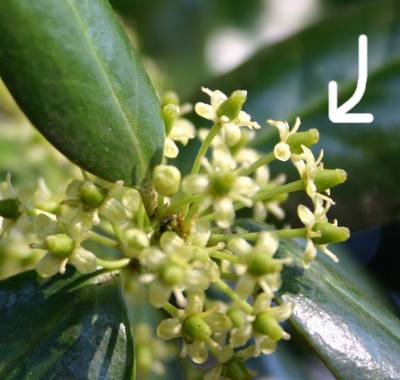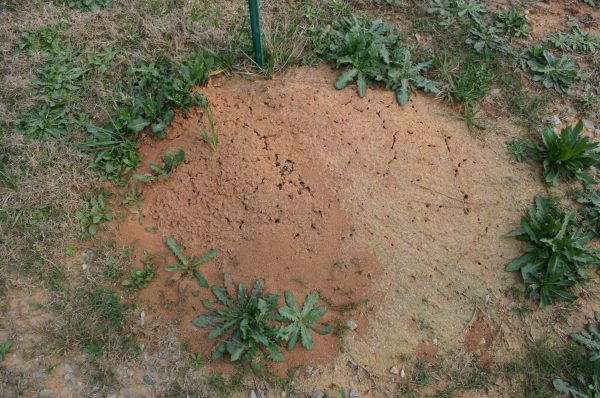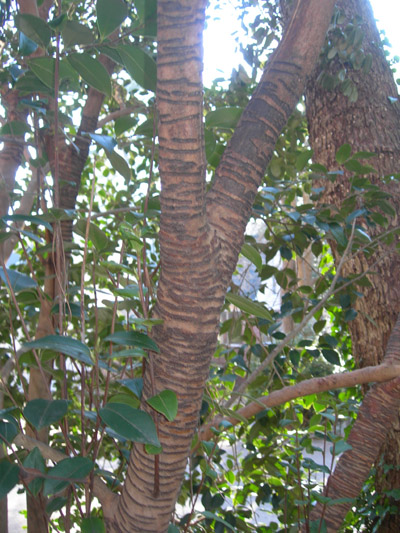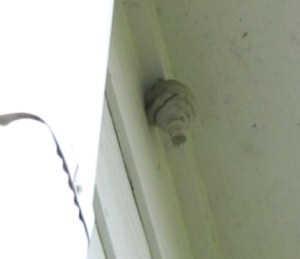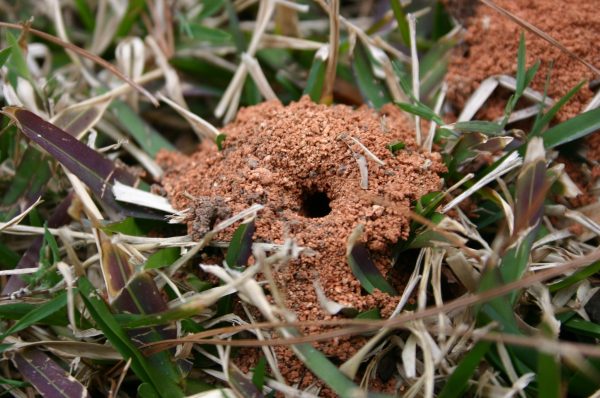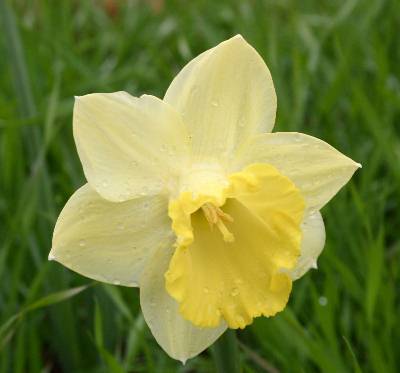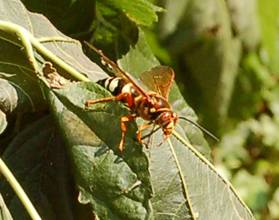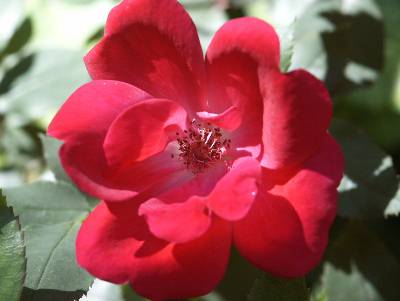Miracle Berry
Berries that make a lemon taste sweet?? When retired Fernbank Science Center naturalist David Funderburk sent me a note about his trip to Fort Lauderdale, I had to save it for reference:
—————
Walter –
Occasionally I encounter a “new” plant that I like to share with people who might appreciate its attributes. Sooner or later one of your callers will call in about it, I predict, so you will be prepared if you don’t already know about it.
In December I was in Fort Lauderdale to view the Christmas Boat Parade on the intercoastal waterway at my son’s in-law’s home (which, by the way is an interesting experience).
There were 100 or so people at the party. My wife and I were seated with a couple who own a wholesale/strange plants nursery a doctor/wife couple.
The nursery man pulled out some fleshy drupes similar in appearance to coffee beans or dogwood drupes. He said you could chew one and then eat a lemon slice and it would appear to taste sweet. So we did, and sure enough, the lemon slice tasted sweet. I ate two or three slices, just to make sure.
The doctor, who had tasted the drupe before, (I think the nursery man brought them to every party he attended) said the fruit coats the taste buds of the tongue and renders them unable to detect the sour taste of the lemon. The effect lasts for about one half hour.
It really was a strange experience.
I did a Google search when I came home for “miracle berry” and “miracle fruit.”
The plant is Synsepalum dulcificum. It is from tropical west Africa. It is not cold hardy in the Atlanta area although it can be grown in a greenhouse. I got my best information from California Rare Fruit Growers
Later–
David



